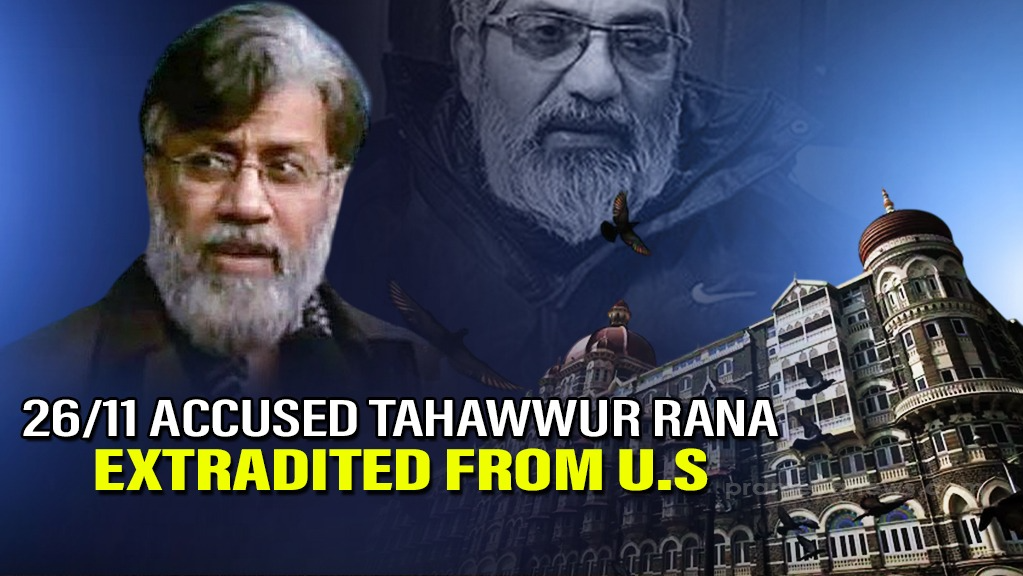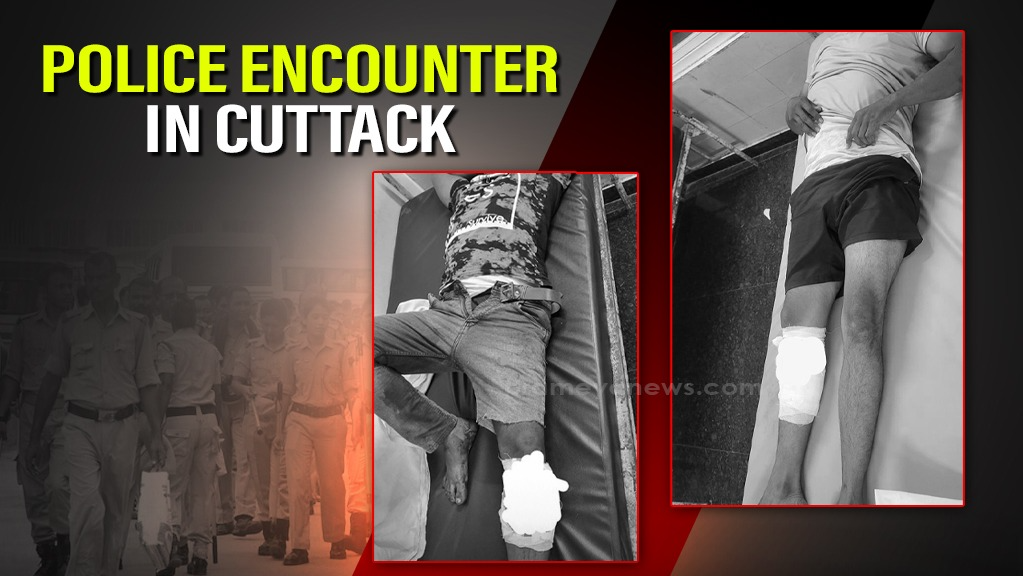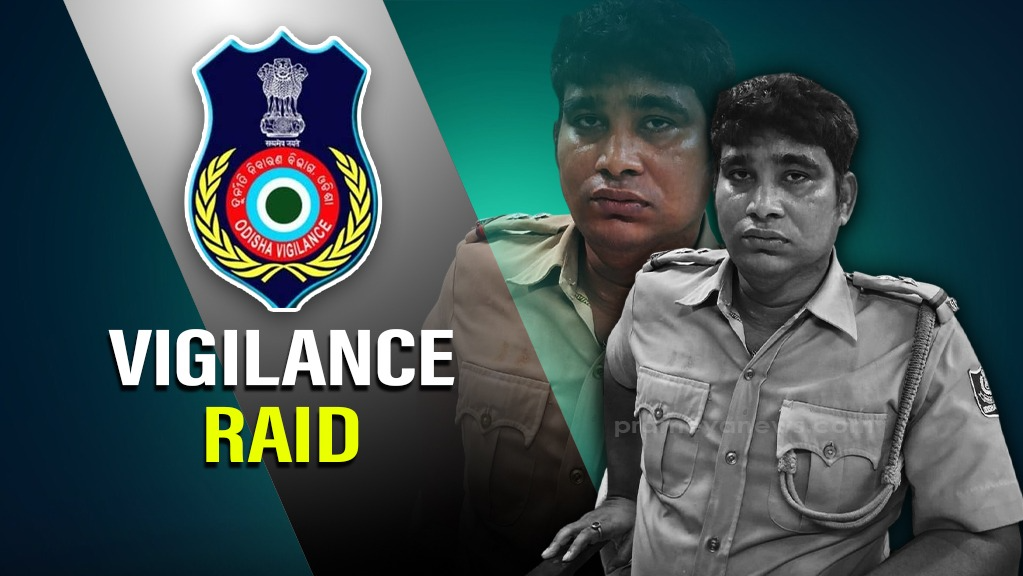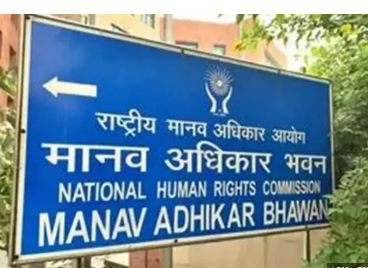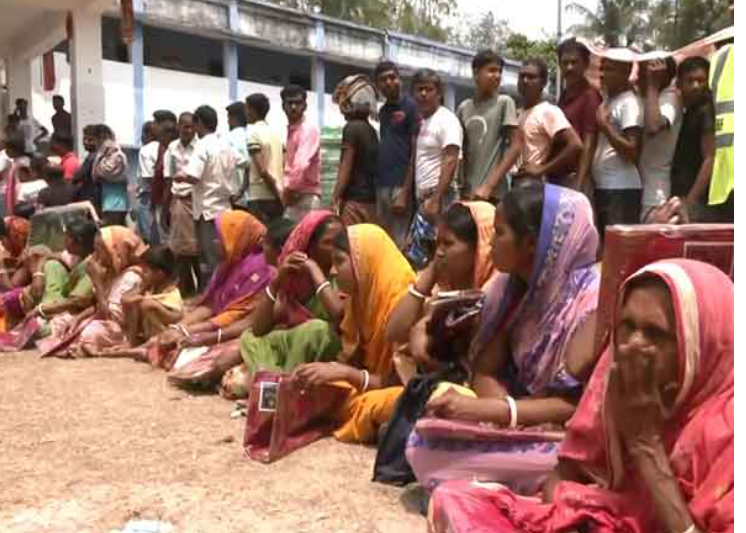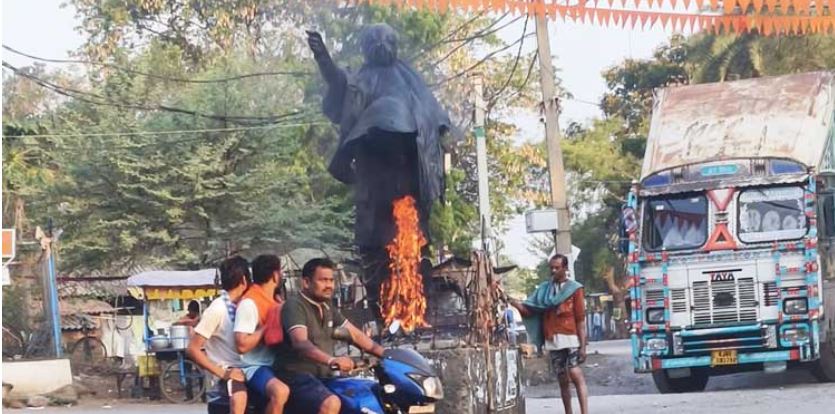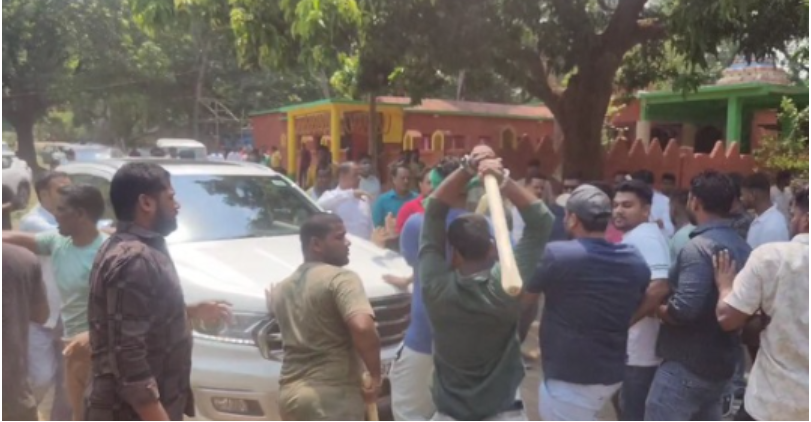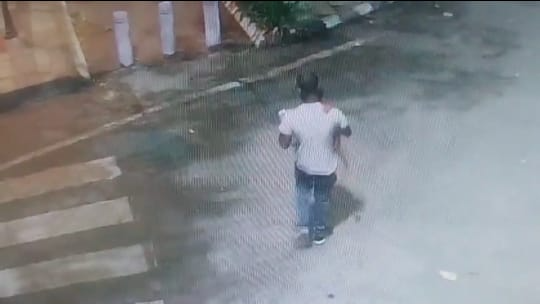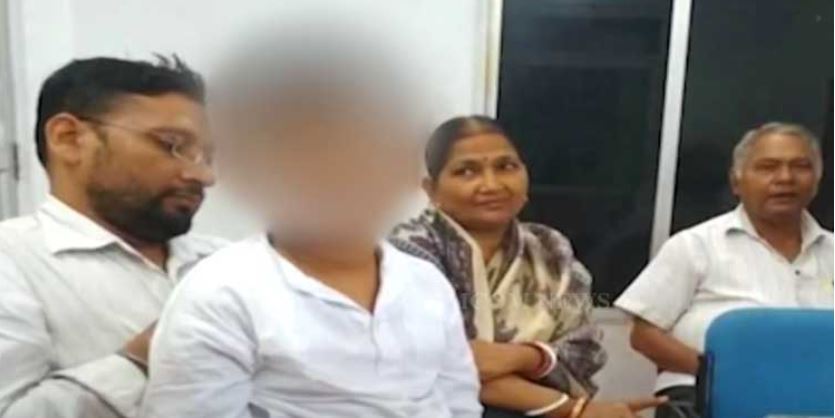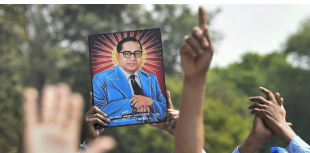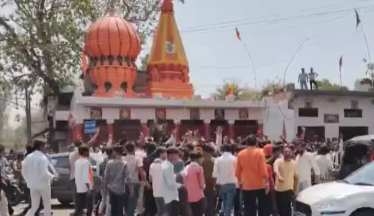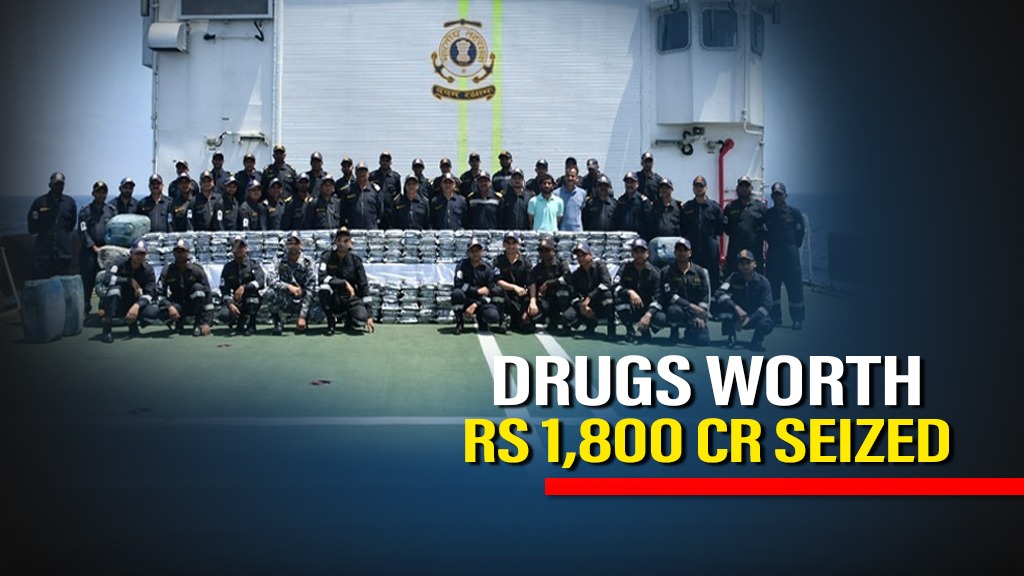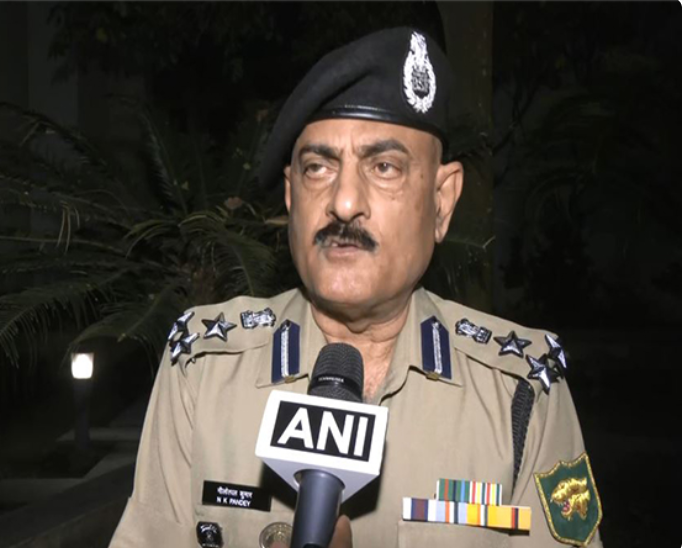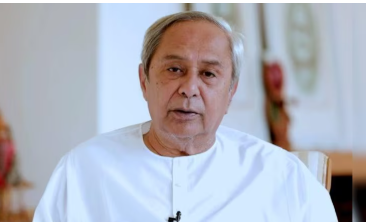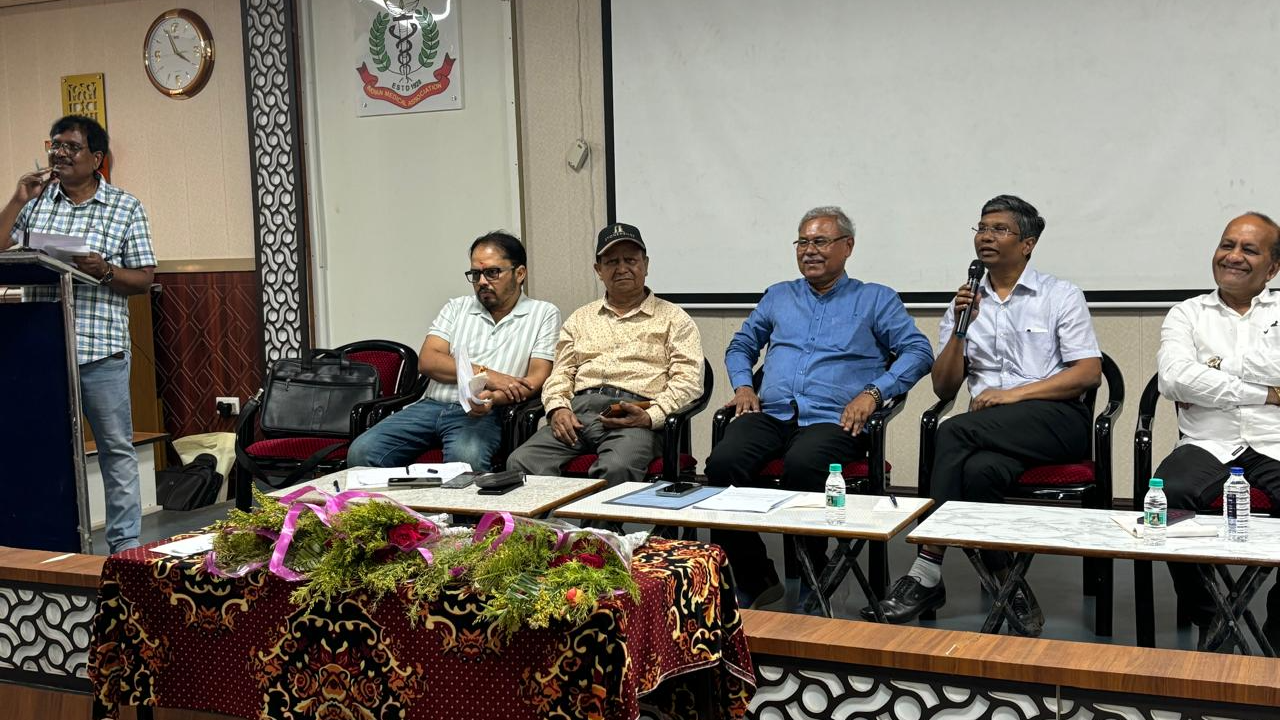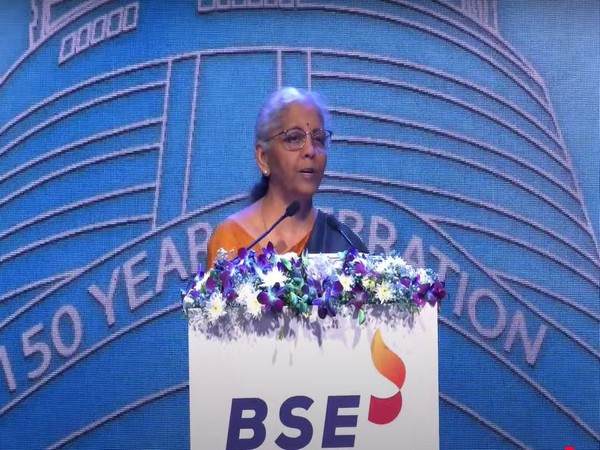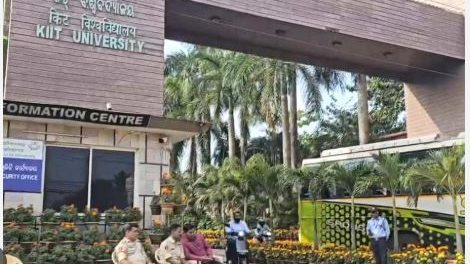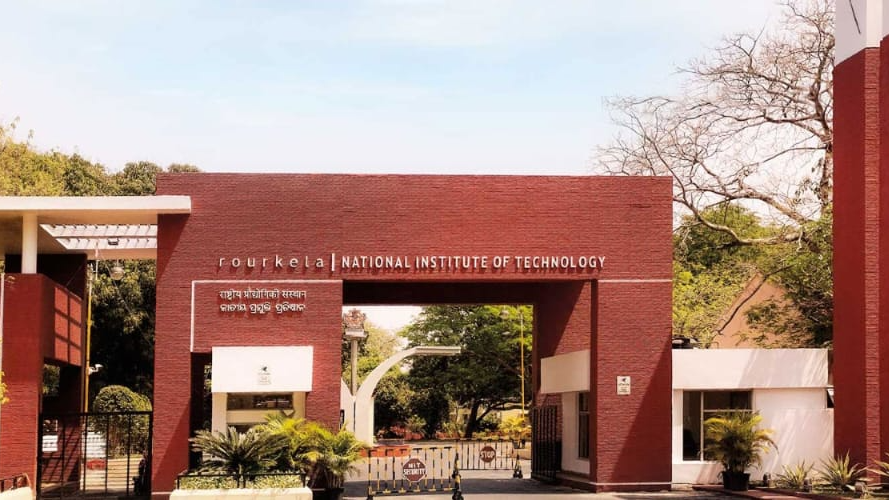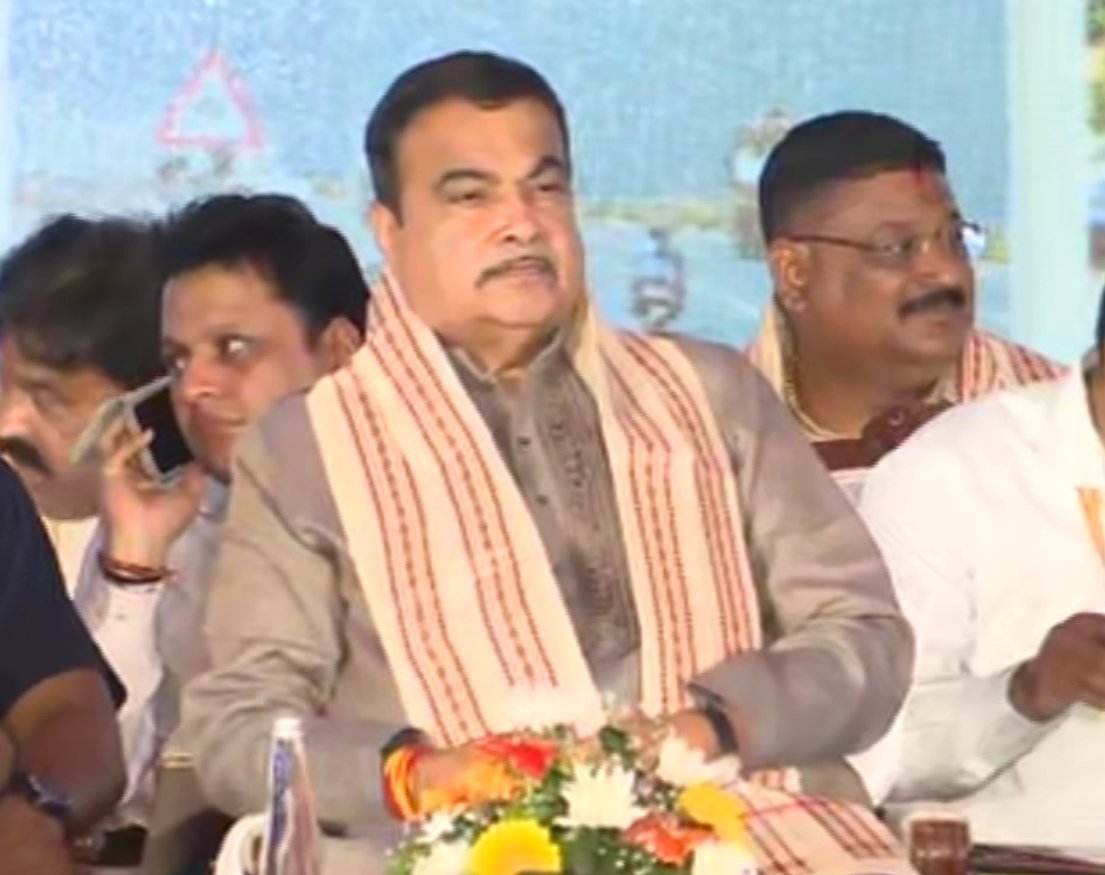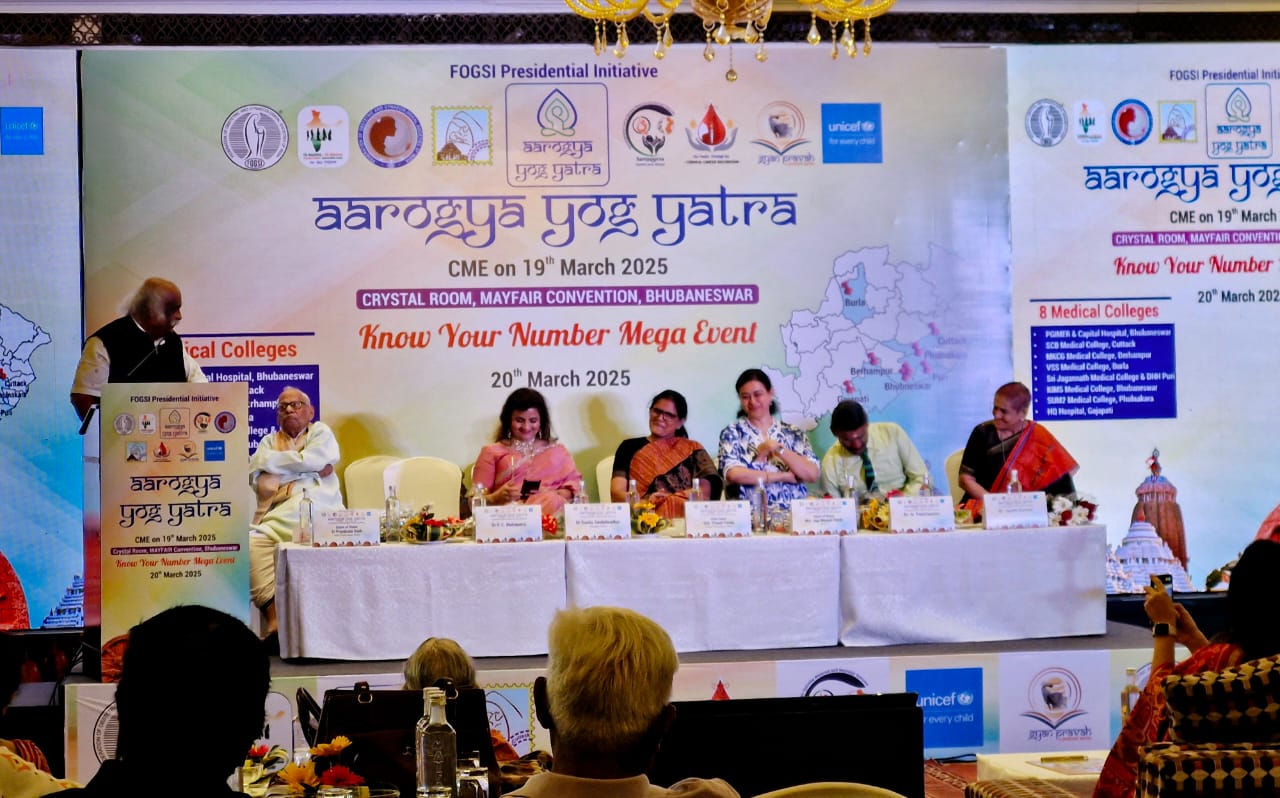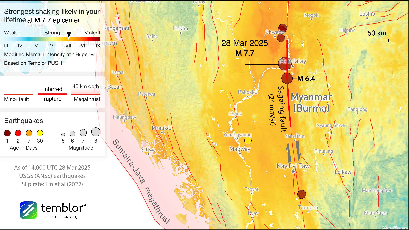The wheels of justice are turning, as Tahawwur Rana, a key figure tied to the devastating 2008 Mumbai terror attacks, has been extradited from the United States. This development marks a significant step in the ongoing pursuit of accountability for one of the most horrific acts of terror in recent memory. The extradition follows a long legal battle in the U.S., culminating in the denial of Rana's final appeal to halt the process.
The Extradition Process
The U.S. Supreme Court's decision to reject Tahawwur Rana's application to stay his extradition paved the way for his transfer to Indian custody. A specialised Indian team traveled to the United States to facilitate this process. Rana, a Pakistani-origin Canadian businessman, is now en route to India on a special aircraft, with a stopover at an undisclosed location.
Legal and Security Measures
Upon arrival, Rana will be placed in the custody of India's National Investigation Agency (NIA) for initial questioning and investigation. Later, the Mumbai Crime Branch is expected to take custody. To ensure security, stringent measures have been implemented at two jails in Delhi and Mumbai, following recommendations from a U.S. court. National Security Advisor Ajit Doval, along with senior officials from the NIA and the Ministry of Home Affairs, is closely monitoring the extradition operation.
Rana's Role in the 26/11 Attacks
Tahawwur Rana is alleged to have played a crucial role in the 2008 Mumbai attacks. He is known to have been an active operative of Lashkar-e-Taiba (LeT), a designated terrorist organization. Rana is accused of assisting David Coleman Headley (also known as Dawood Gilani), a Pakistani-American, in conducting reconnaissance of the targets that were ultimately struck by LeT terrorists. These attacks, which were supported logistically and strategically by Pakistan's Inter-Services Intelligence (ISI), resulted in the deaths of over 170 people.
Rana's involvement goes deeper. Reports suggest he traveled to Mumbai himself, staying at the Hotel Renaissance in Powai from November 11 to 21, 2008. During this time, he is believed to have been involved in reviewing the logistical preparations for the attacks. The coordinated strikes occurred just five days later, on November 26, 2008.
Historical Context and Legal Proceedings
India formally requested Rana's provisional arrest in June 2020, initiating the legal process for his extradition. In February 2025, the U.S. President confirmed Rana's extradition, stating he would "go to India and face justice." This followed previous legal challenges by Rana. He had argued that he suffered from severe health issues, including an abdominal aortic aneurysm, Parkinson's disease, and a possible bladder cancer mass. Rana also claimed he feared for his safety in India, citing potential targeting due to national, religious, and cultural hostility and friction. A U.S. jury previously acquitted Rana on charges of directly supporting the Mumbai attacks but found him guilty on other charges related to a terror plot.
The extradition of Tahawwur Rana to India marks a pivotal moment in the pursuit of justice for the victims of the 2008 Mumbai terror attacks. This action underscores the commitment to holding those responsible for these heinous acts accountable, regardless of where they may reside. It's a reminder that the world doesn't forget, and efforts to bring justice continue, even across international borders.








